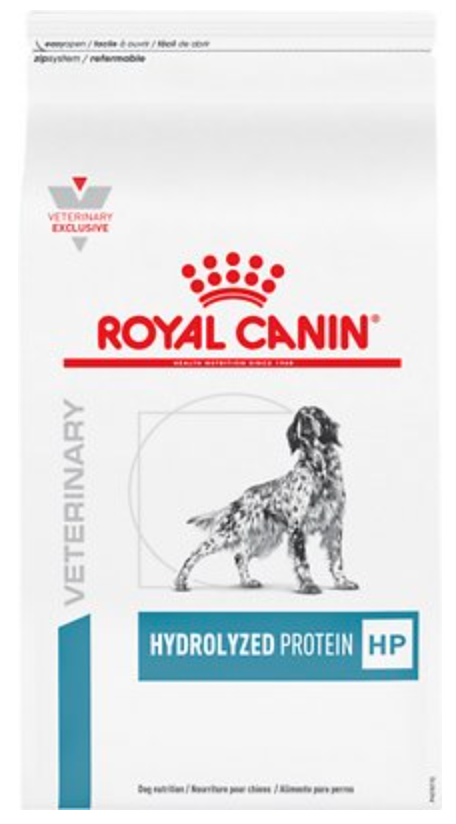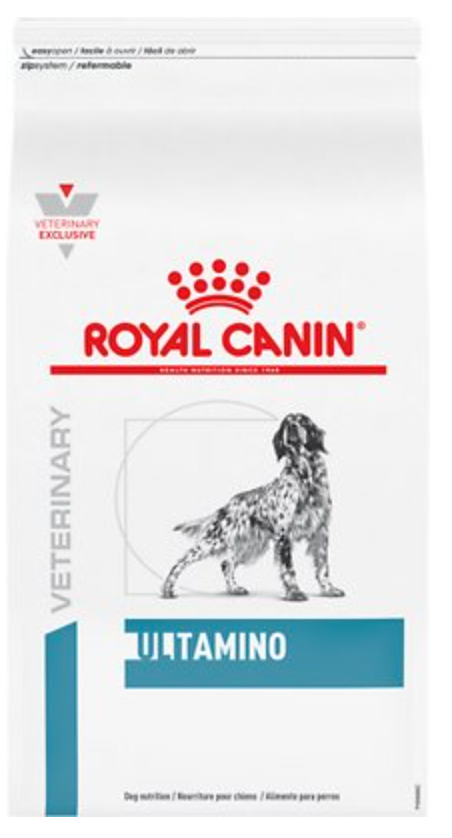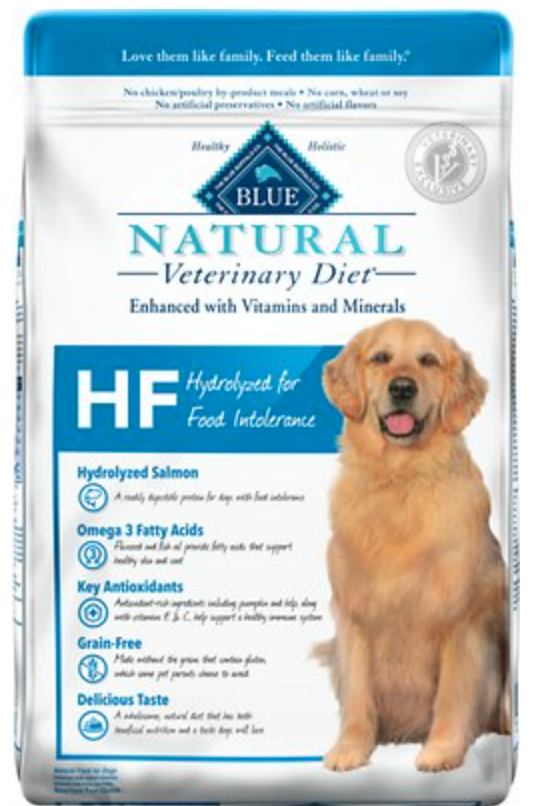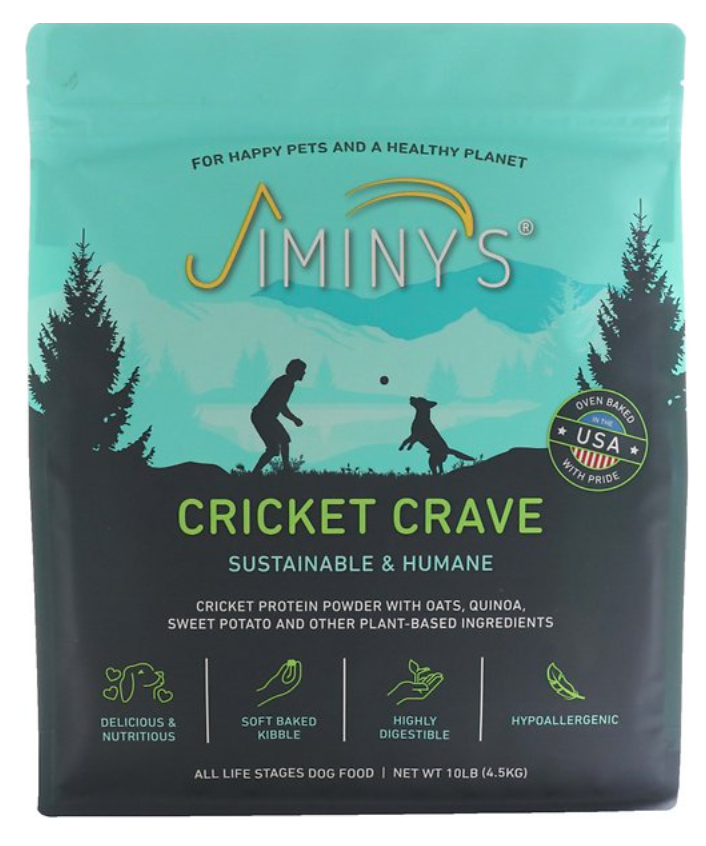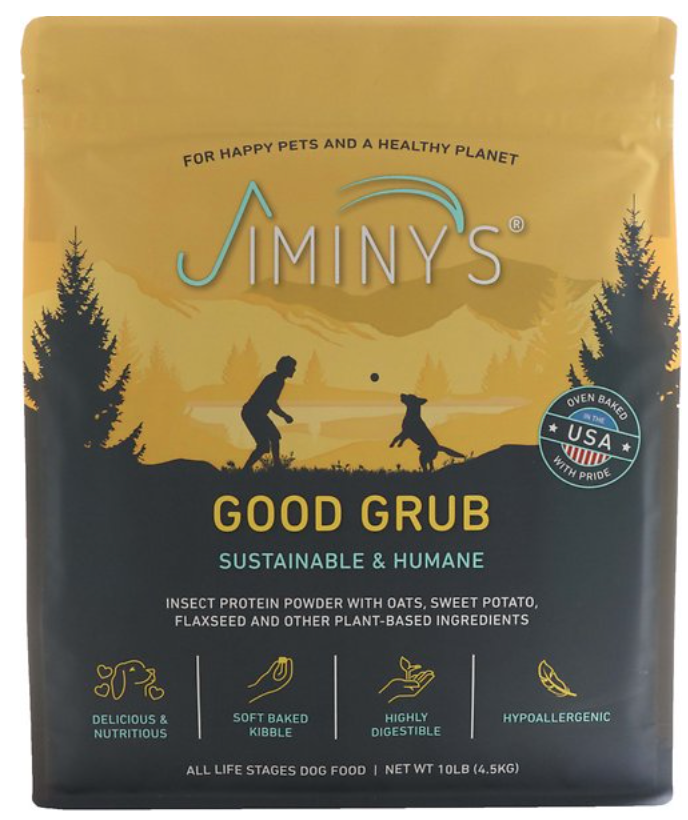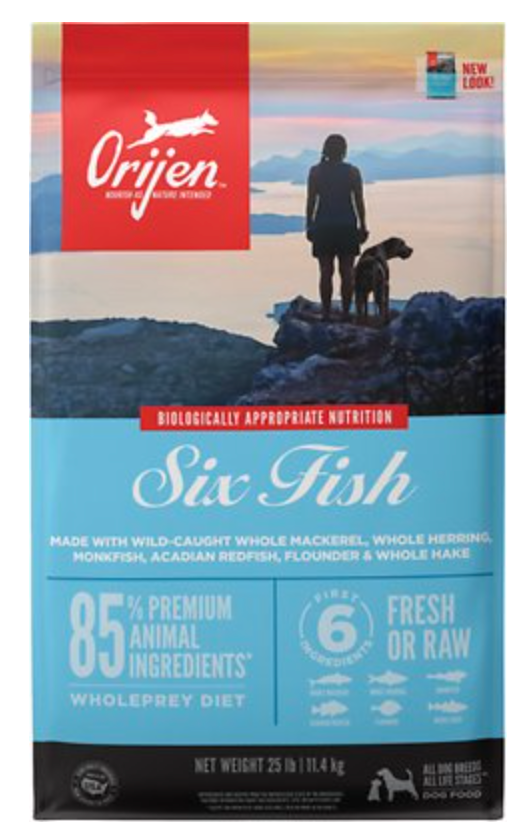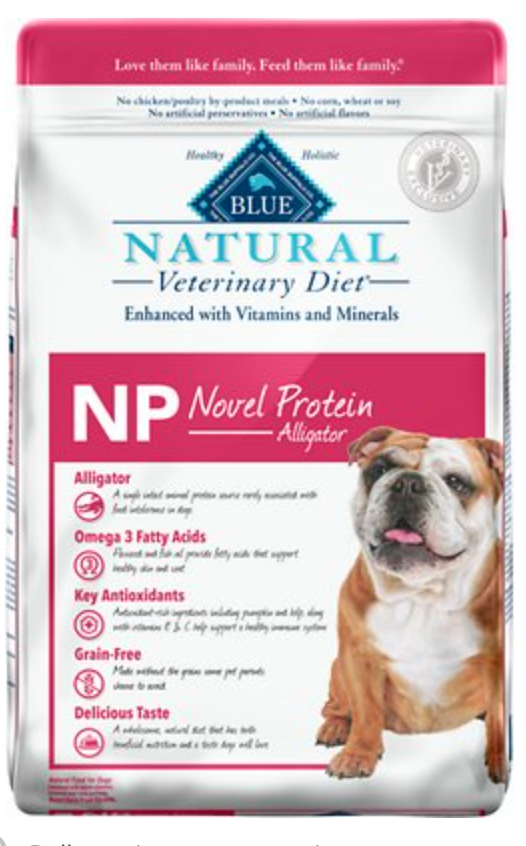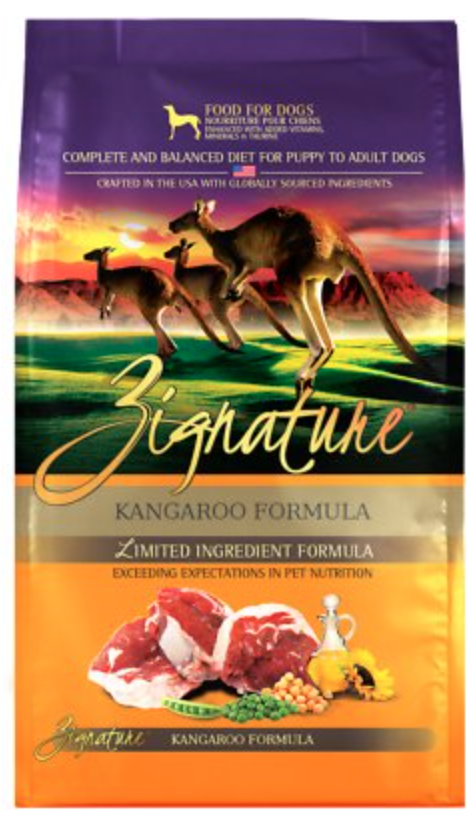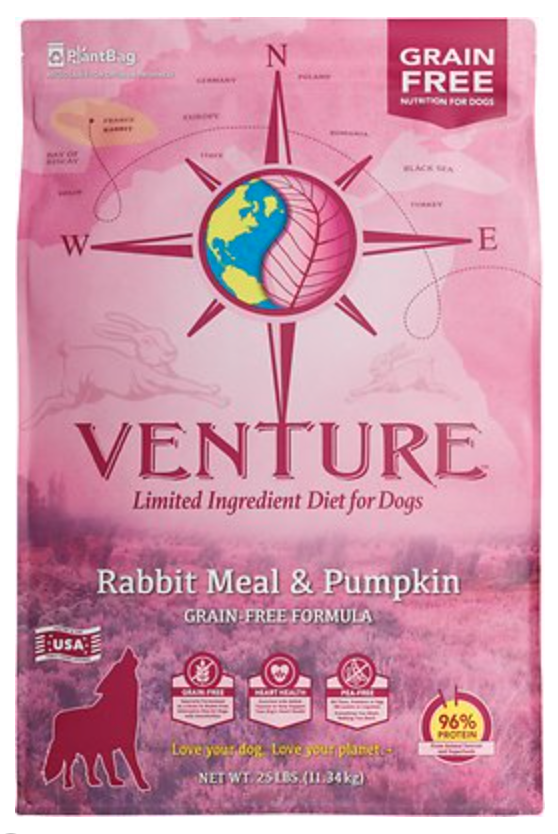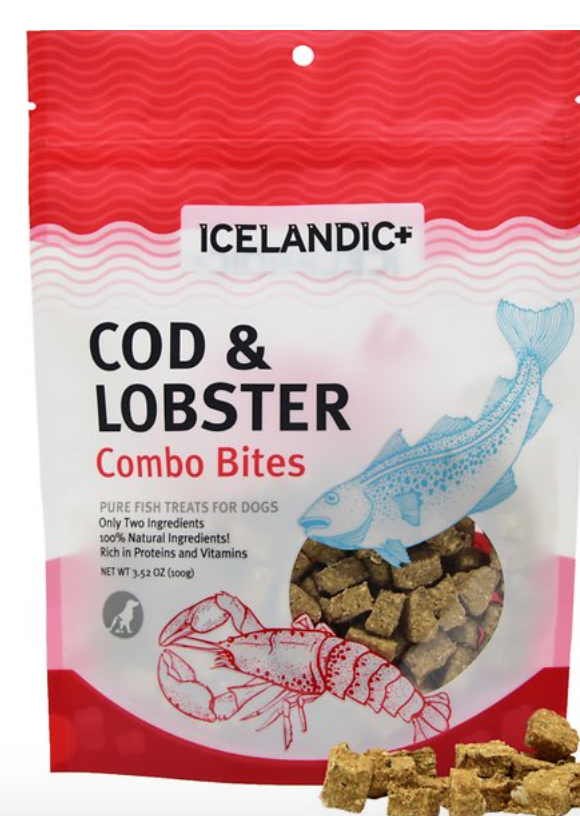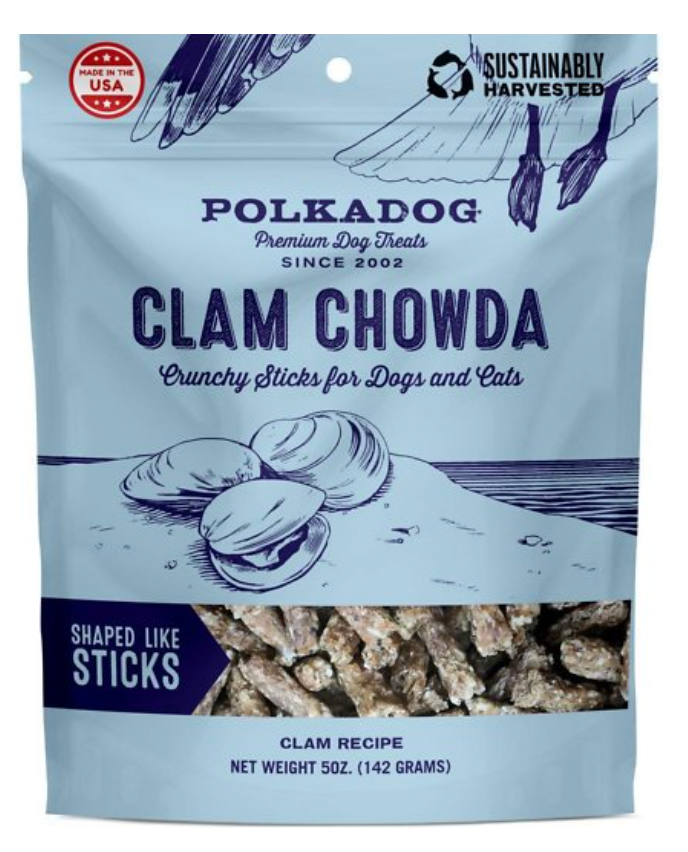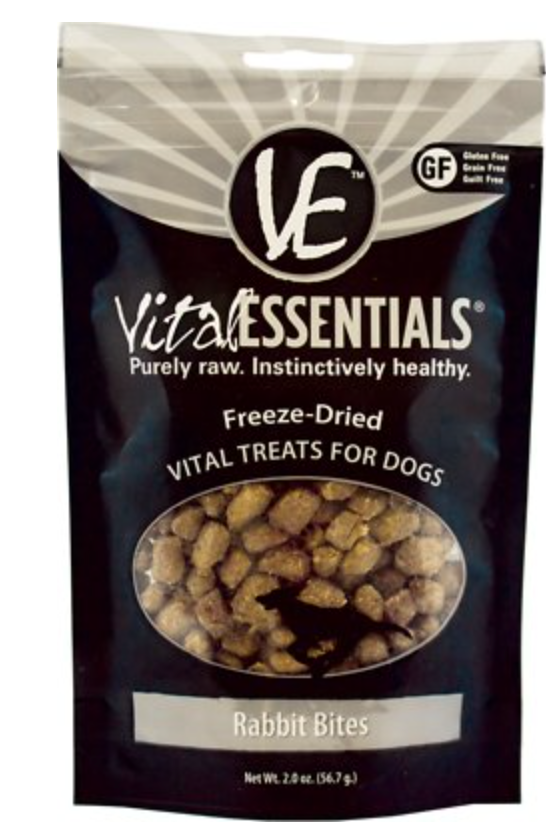Similar to humans, dogs can be allergic to certain foods. Besides beef and dairy, chicken allergies in dogs are the next most common food allergy seen at most veterinary clinics, so yes dogs can be allergic to chicken.
Canine food allergies are caused because your dog’s immune system does not recognize antigens. It is an immune-mediated hypersensitivity reaction to proteins in the diet.
However, what most pet owners believe to be food allergies is actually food intolerances or food sensitivity and this usually shows up as skin and/or stomach issues.
Chicken is used in a lot of dog foods because it is highly palatable, an excellent source of protein, and relatively inexpensive but because it is used so much in dog foods veterinarians tend to see an elevated rate of food sensitivities. (Source)
Many pet owners find themselves scratching their heads when they learn that chicken can cause allergies in dogs.
If you want to read more about the difference between a food allergy and food sensitivities or intolerances read this article.

Is chicken okay for dogs to eat?
Yes, chicken is a great choice of protein to feed your dog as an excellent source of vitamins and minerals. Not all dogs have a food sensitivity to chicken, in fact, most don’t.
How do I know my dog is allergic to chicken?
Common Signs of chicken sensitivity or an allergic reaction to chicken in dogs can include:
| SKIN | STOMACH (less common) |
| Redness can be generalized or localized to ears and paws | Vomiting |
| Persistently recurring ear infections (chronic ear infections) | Diarrhea |
| Itching and chewing at skin and paws | Excessive Gas |
| Fur loss (alopecia) or fur thinning from biting | Upset or Sore Stomach |
| Frequent skin infections |
How are chicken allergies detected in dogs

1. Food trials
The best and gold standard method for detecting chicken allergies in dogs is by doing a food trial. This is done by slowly introducing your dog to a food with a novel protein that he or she has never eaten. Then after a period of time reintroducing an old protein to determine if chicken is the culprit.
However, due to the time required (about 2-3 months) and strict feeding regimen during an elimination diet, most dog owners opt to forgo doing a complete food trial and stop at the elimination diet. If you are interested in doing a food trial read our article here for a step-by-step guide.
2. Elimination Diet
An elimination diet is when an owner gets rid of or eliminates every protein that the dog has had previously and a novel protein is introduced. Your vet may proceed with doing a food trial depending on the results of the elimination diet.
3. Allergy test
There are several allergy tests on the market and your vet can give your dog an allergy test as well. Unfortunately, research shows that many of the tests that are readily available are not extremely reliable. Although patch testing and serum antibody tests can still be slightly helpful when determining which ingredients to choose for an elimination diet. (Source)

How do I treat my dog for a chicken allergy?
If your dog is diagnosed with allergies to chicken, the best route of treatment is to avoid it at all costs and feed your dog a chicken-free diet. This means no chicken from the table and if you have guests over make sure they know not to feed your dog.
Some things to keep in mind when eliminating chicken from your dog’s diet:
-There are many treats and medicines that have chicken added in that you would not consider so ensure you read all packaging before feeding your dog anything. Chicken may be in:
- Some supplements include chicken flavoring
- Many treats are made with chicken
- Some chews may include chicken like rawhides
- There are chicken-flavored toothpaste for dogs as well
-Keep in mind that even though you have eliminated chicken from the diet, your dog can eventually become allergic to the novel protein and you may have to do the process of determining what is causing the allergy again if you feed a diet that includes more than one protein.
-In addition, some over-the-counter dog foods have been shown to mislabel their lists of ingredients and oftentimes include trace amounts of other types of protein than those listed on the packaging. This study determined that over-the-counter diets are not recommended for the diagnosis and treatment of food hypersensitivity.
What are some good foods for dogs allergic to chicken?
Hydrolyzed Prescription Diets
There are several hydrolyzed diets available for pet owners and these diets work because the protein is broken down into much smaller pieces and is not recognized by the body as a threat.
Hydrolyzed diets are broken down proteins from chicken, beef, and other proteins like fish or even chicken feathers. You read right, there are some foods like the Royal Canin Hydrolyzed Anallergenc diet where the main protein is hydrolyzed poultry feathers. In a study done on dogs that were allergic to chickens, it was noted that feeding a diet of hydrolyzed poultry feathers did not induce pruritus flares. (Source).
Insects & Fish
If you’re horrified by the thought of feeding your dog chicken feathers you may not be too keen on feeding them crickets either but that is just what some owners have had success with. Jiminy’s Cricket Crave Dry Dog Food is one that owners that have dogs with chicken allergies like. Another option is a complete fish meal.
Novel Protein Limited Ingredient Diets (LIDs)
Feeding your dog a limited ingredient diet with a new protein is optimal since they won’t have had a history with that protein and the LID does not have a lot of ‘fluff’ or extras that can sometimes also cause issues. These diets usually only have one protein so if they become allergic to it you will know right away what the cause was.
Feeding your dog a chicken-free diet with a novel or new protein like kangaroo or bison may prove to be the best option for your pup. Zignature has some great options for novel protein diets.
Homemade Diets
There are many owners that have had success with giving their dog a homemade diet. For some great ideas on what to cook for your dog with chicken allergies check out our list of homemade recipes.

Treats
Here are some great treat options for dogs with chicken allergies:
FAQs about chicken allergies in dogs

1. What percentage of dogs are allergic to chicken?
While a definitive number is not known it is said that food allergies account for only 10% of all dog allergies with the most common being seasonal and environmental. In one study of over 200 dogs, it was noted that 15% of the dogs had chicken allergies.
2. Can a dog be allergic to chicken and not turkey?
Turkey is used as a replacement for chicken, many times a dog that is allergic to chicken is not allergic to turkey but each dog is different so keep an eye out for signs of a reaction when feeding complete turkey.
3. Can a dog with chicken allergies eat chicken meal?
If your dog is allergic to chicken you should refrain from feeding them chicken meal is basically powdered chicken parts and by-products.
4. Can a dog with chicken allergies eat eggs?
You would think a dog that was allergic to chicken would also be allergic to eggs, but this isn’t always the case. Just like with turkey, some dogs are allergic to eggs and some aren’t.
5. If a dog is allergic to chicken can they eat duck?
Duck is many times used as an alternative to chicken in meals but it has a lower incidence of allergic reactions than turkey
6. Can a dog be allergic to raw chicken?
If your dog is allergic to chicken they will also react to raw chicken as well
7. My dog’s food has chicken fat in it, is that safe?
Dogs can eat chicken fat or foods with chicken fat in them even if they are allergic or sensitive to chicken because it doesn’t contain any protein.
8. Do dogs in the wild have food allergies?
While it is rare it has been noted that some wild dogs do have food allergies. However, this is far from the norm and it is thought that domesticated dogs have food allergies due to their environments.
9. Can dogs be allergic to chicken liver?
If your dog is shown to be allergic to chicken, they should not eat chicken liver. This study showed that 40% of dogs that ate a diet of hydrolyzed chicken liver still had allergic flares.
10. What are some other common food allergens in dogs?
Beef is second in line for canine allergies however dogs can develop allergies to any protein. So, it is important to keep an eye on your dog for signs of allergies even if you have started them on a new food.
11. Where can I find an allergy test for my dog?
Allergy testing can be done at your veterinarian’s office and there are over-the-counter tests as well although some are better than others.
References
- Article 1
- Determining the efficacy of allergy tests in dogs
- Feather Meal in Dog Foods
- Homemade Diet vs Hydrolyzed Diets for Chicken Allergies in Dogs
About the author: Dr. Jackson has over 15 years of clinical experience as a small animal veterinarian and has worked as an educator for 7 years. She enjoys spending time with her dogs Chi-Chi and Cha-Cha who were the catalyst for the creation of The Pets Digest blog. Read More






















































































































